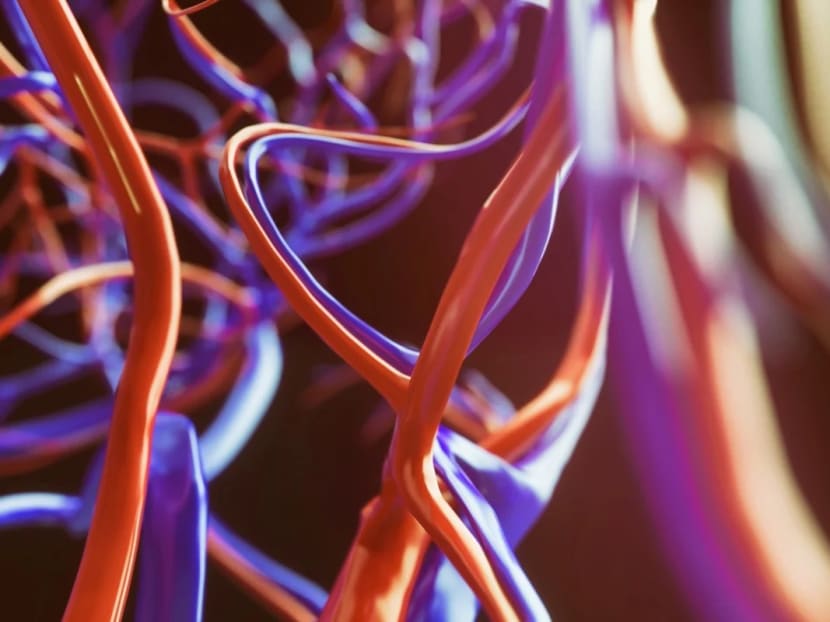Coronavirus attacks lining of blood vessels all over the body, Swiss study finds
ZURICH — The coronavirus attacks the lining of blood vessels all over the body, which can ultimately lead to multiple organ failure, according to a new study published in The Lancet.

“This virus does not only attack the lungs, it attacks the vessels everywhere,” said Dr Frank Ruschitzka, an author of the paper from University Hospital Zurich.
ZURICH — The coronavirus attacks the lining of blood vessels all over the body, which can ultimately lead to multiple organ failure, according to a new study published in The Lancet.
“This virus does not only attack the lungs, it attacks the vessels everywhere,” said Dr Frank Ruschitzka, an author of the paper from University Hospital Zurich.
He said the researchers had found that the deadly virus caused more than pneumonia.
“It enters the endothelium [layer of cells], which is the defence line of the blood vessels. So it brings your own defence down and causes problems in microcirculation,” said Dr Ruschitzka, referring to circulation in the smallest of blood vessels.
It then reduces the blood flow to different parts of the body and eventually stops blood circulation, according to Dr Ruschitzka, chairman of the heart centre and cardiology department at the university hospital in Switzerland.
“From what we do see clinically, patients have problems in all organs — in the heart, kidney, intestine, everywhere,” he said.
That also explained why smokers and people with pre-existing conditions who had a weakened endothelial function, or unhealthy blood vessels, were more vulnerable to the novel virus, he said.
Those underlying conditions included hypertension, or high blood pressure, diabetes, obesity and established cardiovascular disease.
The study, published on Friday, found viral elements within endothelial cells, which line the inside of blood vessels, and inflammatory cells in Covid-19 patients.
While the results were based on analysis of three cases, Dr Ruschitzka said autopsies on other Covid-19 patients had also found their blood vessel linings were “full of virus” and the function of vessels was impaired in all of their organs.
One of the cases was a 71-year-old Covid-19 patient with coronary artery disease and arterial hypertension who had developed multisystem organ failure and died, according to the study.
A postmortem analysis of his transplanted kidney showed viral structures in the endothelial cells. Researchers also found inflammatory cells in the heart, small bowel and lungs, where most small vessels appeared congested.
Another 58-year-old patient with diabetes, arterial hypertension and obesity developed mesenteric ischemia, or decreased blood flow to the small intestine that can permanently damage the organ. Lymphocytic endotheliitis, which causes inflammation of the endothelium, was also found in her lungs, heart, kidneys and liver.
Based on these findings, the researchers suggested therapies to stabilise the endothelium while tackling viral replication.
On top of a vaccination that reduces virus replication, Dr Ruschitzka suggested strengthening vascular health may be key to treating Covid-19 patients.
“All patients who are at risk and the elderly should be treated very well for the underlying cardiovascular conditions. The better they are treated, the more likely they are to survive the Covid-19 infection,” he said.
“We know that angiotensin-converting enzyme inhibitors [heart medications used to treat high blood pressure] and anti-inflammatory drugs [make the endothelium stronger],” he said.
Dr John Nicholls, a clinical professor in pathology at the University of Hong Kong, said more research was needed.
“While many structures may seem to resemble viral particles using the electron microscope, other laboratory techniques should be done to confirm true viral infection,” he said. SOUTH CHINA MORNING POST






